
In the once-idyllic Galilee Panhandle, where the Jordan River's cool waters used to attract kayakers and vacationers, an unsettling silence now reigns. The lush hillsides and orchards have been transformed into a patchwork of scorched earth, a grim testament to the frequent Hezbollah attacks that have set off bushfires across the region.
For three residents from Kibbutz Snir, the dream of returning home has become a dangerous gamble. "We came back for Zionistic reasons," a resident explained in mid-July. But just days later, a missile struck his backyard, shattering windows and he and his family quickly evacuated.
Their story mirrors that of 80,000 other Israelis who fled the northern region last October—an unprecedented mass evacuation in Israel's history.
Now, as cross-border hostilities intensify to levels unseen in months, these communities face the daunting prospect of "another lost year."
This escalation reached a new peak on July 27 when a rocket from Lebanon killed 12 children in the Druze Arab village of Majdal Shams. Israel's subsequent assassination of Fuad Shukr, a senior Hezbollah commander, in Beirut has only fueled fears of an impending all-out war.
The situation underscores a broader existential dilemma for Israel. These border communities, established decades ago by hardy pioneers, have long symbolized Israeli resilience and sovereignty. "We will never give up our home," asserts a member of Snir's emergency team and a lifelong resident. Yet, with schools within three miles of the border remaining closed and the constant threat of Hezbollah's missiles and drones, that resolve is being severely tested.
As the region teeters on the brink, daily life for those who remain is a study in constant vigilance. In communities like Snir, there's virtually no warning time for incoming fire. Sirens often sound only after projectiles have already been intercepted or struck. Residents live in a perpetual twilight, curtains drawn, unable to enjoy their own backyards.
In nearby Kfar Szold, which hasn't been officially evacuated, a young Israeli mother describes living with "a constant existential fear." A recent barrage of rockets narrowly missed two cars on the road outside the kibbutz, a chilling reminder of the ever-present danger.
The economic impact of this protracted conflict is equally severe. Communities in the area that typically offer holiday accommodations and rely on tourism income now stand empty and silent. The longer the conflict persists, the more community leaders worry about the long-term demographics of the region. There are fears that once government funding for temporary accommodations runs out, only the financially weaker residents with fewer options will return, potentially altering the character of these once-vibrant communities.
Yet, amidst the tension and uncertainty, there's a complex tapestry of opinions about the path forward. While some Israelis advocate for military action to permanently distance Hezbollah from the border, others express ambivalence about an all-out conflict that would likely devastate both countries.
For now, the communities of northern Israel remain caught in a precarious balance, torn between their deep-rooted connection to the land and the harsh realities of life on the front lines.
* The Wall Street Journal contributed to this article.



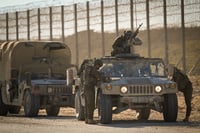
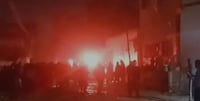
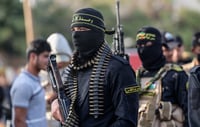

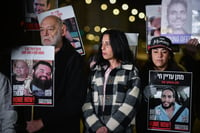

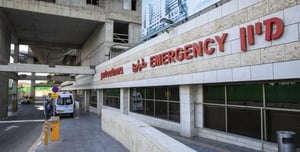
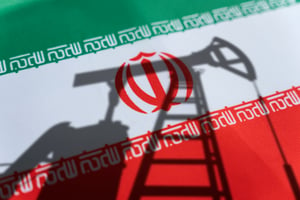

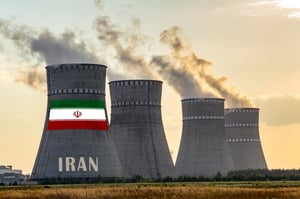




0 Comments